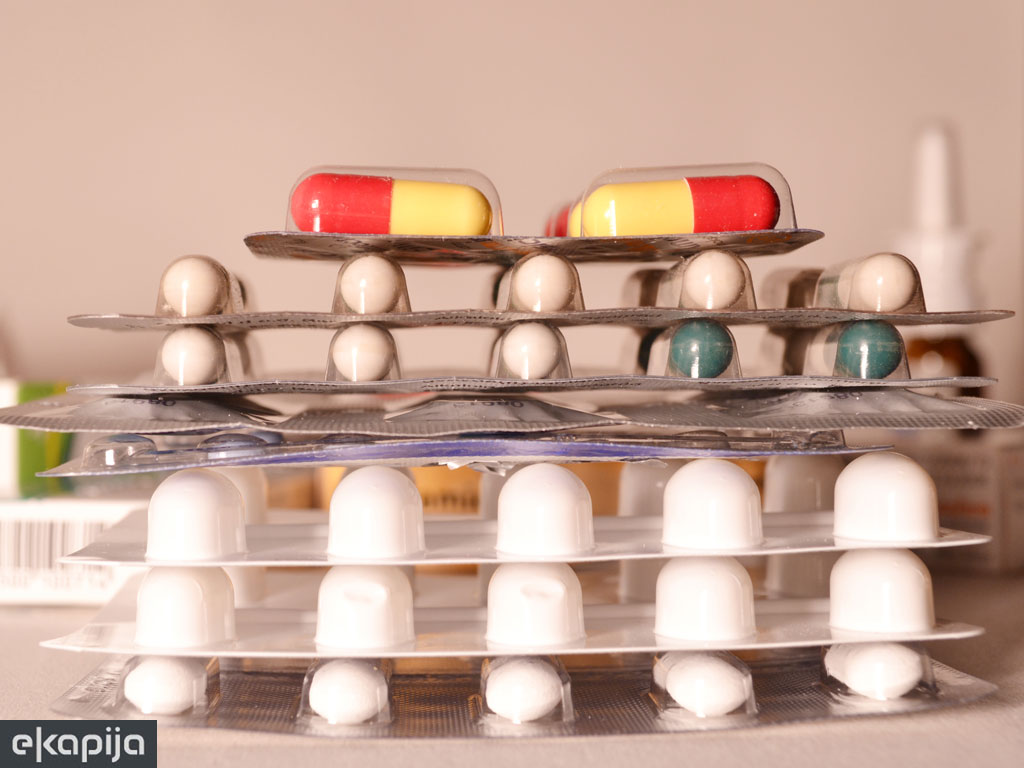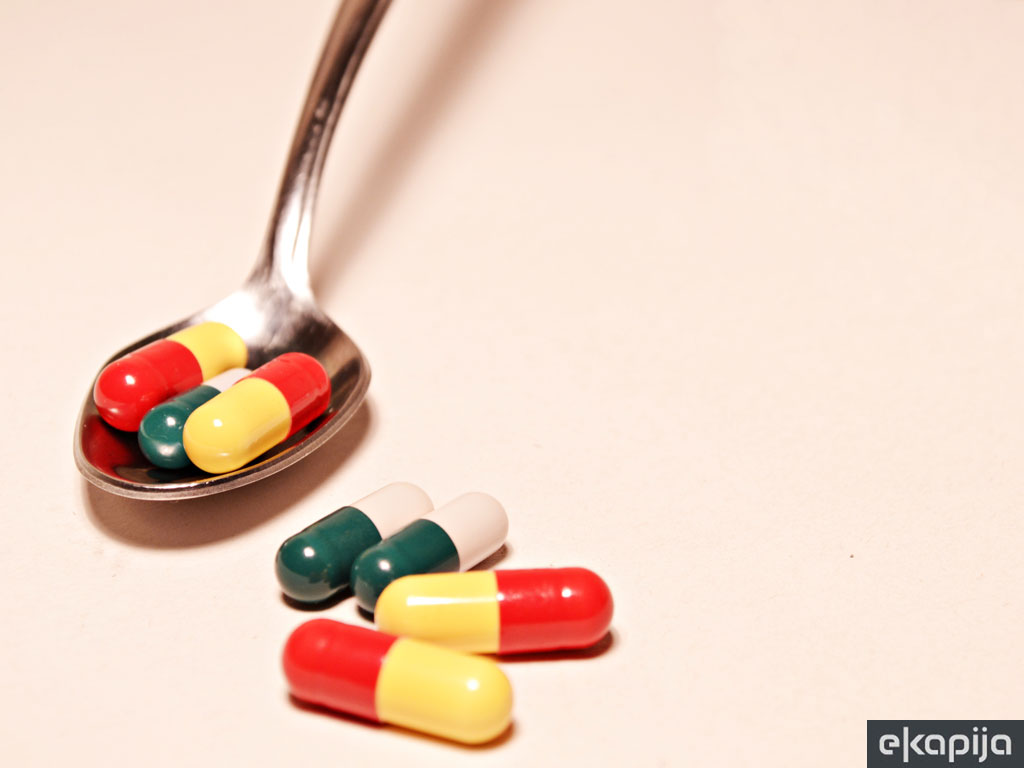Half of falsified drugs is sold via Internet - Falsified drugs turnover in Serbia totals some EUR 10 m
 Wednesday, 01.10.2014.
Wednesday, 01.10.2014.
 13:15
13:15

At the market of Serbia, some 10% of drugs is falsified while the number reaches 30% in developing countries. Almost half of falsified drugs is sold via Internet but also through advertisements, it was said at the conference "The importance of the quality of medical products for public health and fight against falsified medical products in Serbia", held last week at the Serbian Chamber of Commerce.
The World Health Organization (WHO) defines falsifying drugs as “deliberate and a fraud through wrongly marking of finished drugs or ingredients used in their production in the sense of identity, content and/or origin.”
Dragan Stevanovic, an adviser at SCC, explained that there are four kinds of false drugs. One has the same content as the original but they are falsified.There are also falsified drugs containing an active substance in quantity which are not allowed which can be more or less than allowed. There are also falsified drugs without an active substance but containing hazardous substances which can endanger people’s health. In falsified drugs which can harm patients‘life, substances such as rat poison, powder, chalk, and that as a color and a fine glaze it is used as color for roads and asphalt.
- People buy falsified drugs in most of the cases because of its market deficit as well as due to inability to pay the market price – Stevanovic said adding that they should only be bought at drugstores.
- Patients should be warned to buy medicines only in licensed drugstores,not at markets or through some other illegal channels – Stevanovic outlined.

Falsified medicine is made so that it reminds of the original and it is difficult to an ordinary man to differentiate it but the recommendation of the conference participants is that when opening it, one should check whether the content of the box is of the same shape, size, color etc.
Drugs come from China, India and Pakistan
Rasa Ristivojevic, Vice President at SCC, pointed out that global turnover of falsified drugs in the past couple of years totaled USD 75 billion and it reached EUR 10 m at the Serbian market.
Trading in falsified medicines je 25% more profitable than trading in drugs,the head of the intellectual property unit at the Ministry of Internal Affairs,Mikailo Tijanic outlined. According to him, majority of falsified drugs arrives to our market from India, China and Pakistan. He added that manly drugs for,chronic diseases, pressure and diabetes as well as medicament for cancer and other difficult diseases are falsified.
Tijanic outlined that last year Serbia participated in the largest action against the purchase of falsified drugs and non-registered medicines PANGEA, which was headed by Interpol, apart from eight world institutions for drugs control.
In the action carried out in 99 countries,it was defined that at least 50% of drugs sold on Internet is falsified.
- Drugs falsification is common not only in Serbia but in all countries in the world. A kind of self-protection is essential. It is necessary to educate people to buy only through allowed internet websites, allowed internet drugstores – Tijanic outlines.
As he says, it takes mutual action of the Ministry of Internal Affairs,Ministry of Health, Trade and Finance, to overcome the problem and decrease the percentage of falsified medicines in total turnover.
New law by the end of the year
Mira Kontic from the Ministry of Health of Serbia outlined that now the law from 2010 is effective and announced she expects that by the end of the year anew law on drugs and medicines aligned with EU standards governing this field will come into force.
Systematic action of fight against illegal market of medicines would protect public health of citizens as well as budget profit; it was concluded at last year’s conference.
Weaker control
As France-Presse has recently reported, in the mutual report of the World Health Organization and the Institute which deals with revelation of false drugs, in only nine days of customs control at 15 African ports, 113 million falsified drugs were taken away. Within the control, 290 containers of drugs were checked and in 40% of them falsified drugs were discovered. Criminal groups and organized criminal chains deal with drugs smuggling.
This kind of trading bring much more profit than drug sale - 1.000 invested dollars in drug smuggling brings USD 20.000,while the same amount of money invested in medicines smuggling brings USD 200.000to 500.000. The control of medicines smuggling is weaker than drugs smuggling and penalties are almost symbolic, it was stated at the report.
I. M.
 Privredna komora Srbije
Privredna komora Srbije
 WHO - World Health Organization Beograd
WHO - World Health Organization Beograd
 Ministarstvo zdravlja Republike Srbije
Ministarstvo zdravlja Republike Srbije


 Izdanje Srbija
Izdanje Srbija Serbische Ausgabe
Serbische Ausgabe Izdanje BiH
Izdanje BiH Izdanje Crna Gora
Izdanje Crna Gora


 News
News






